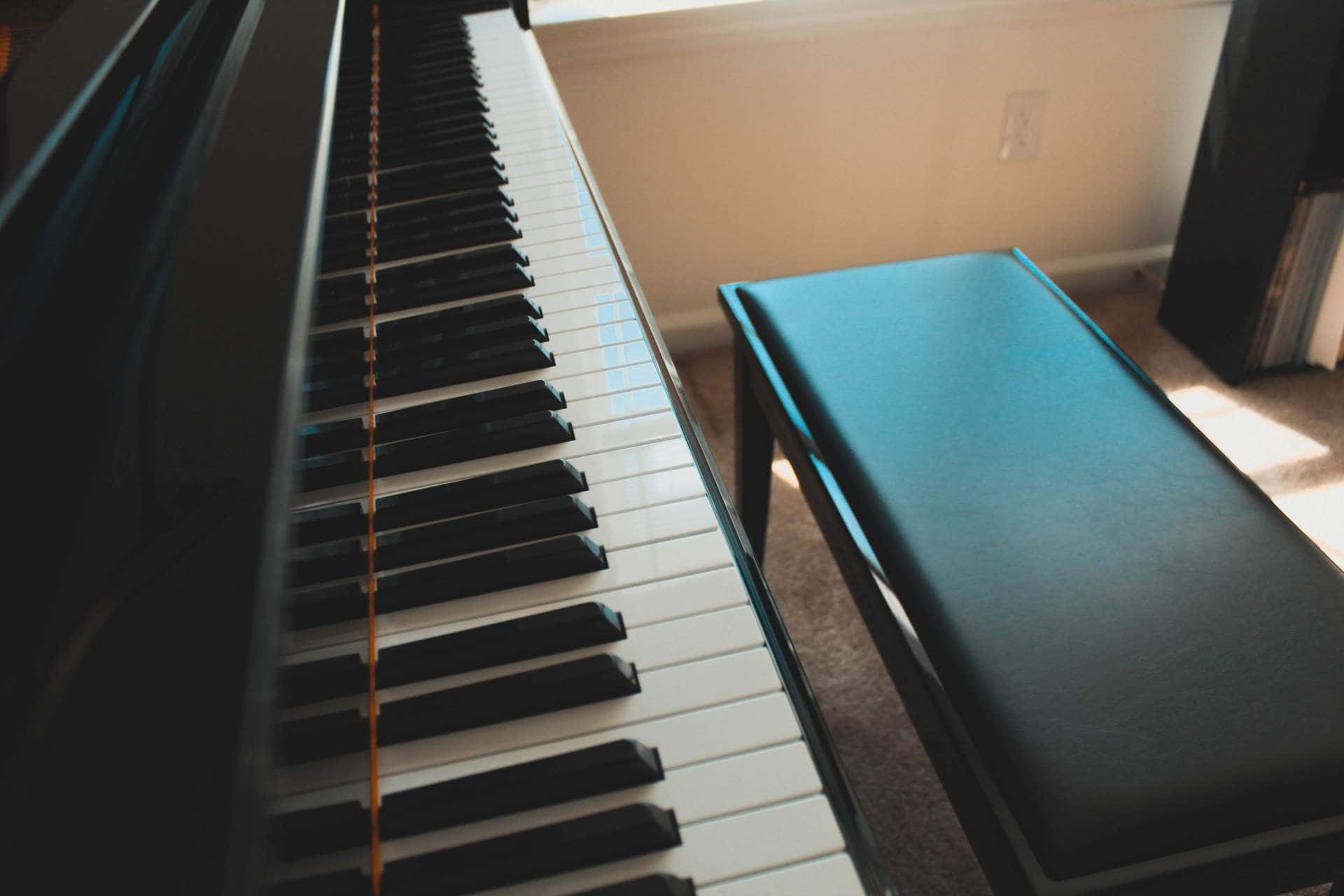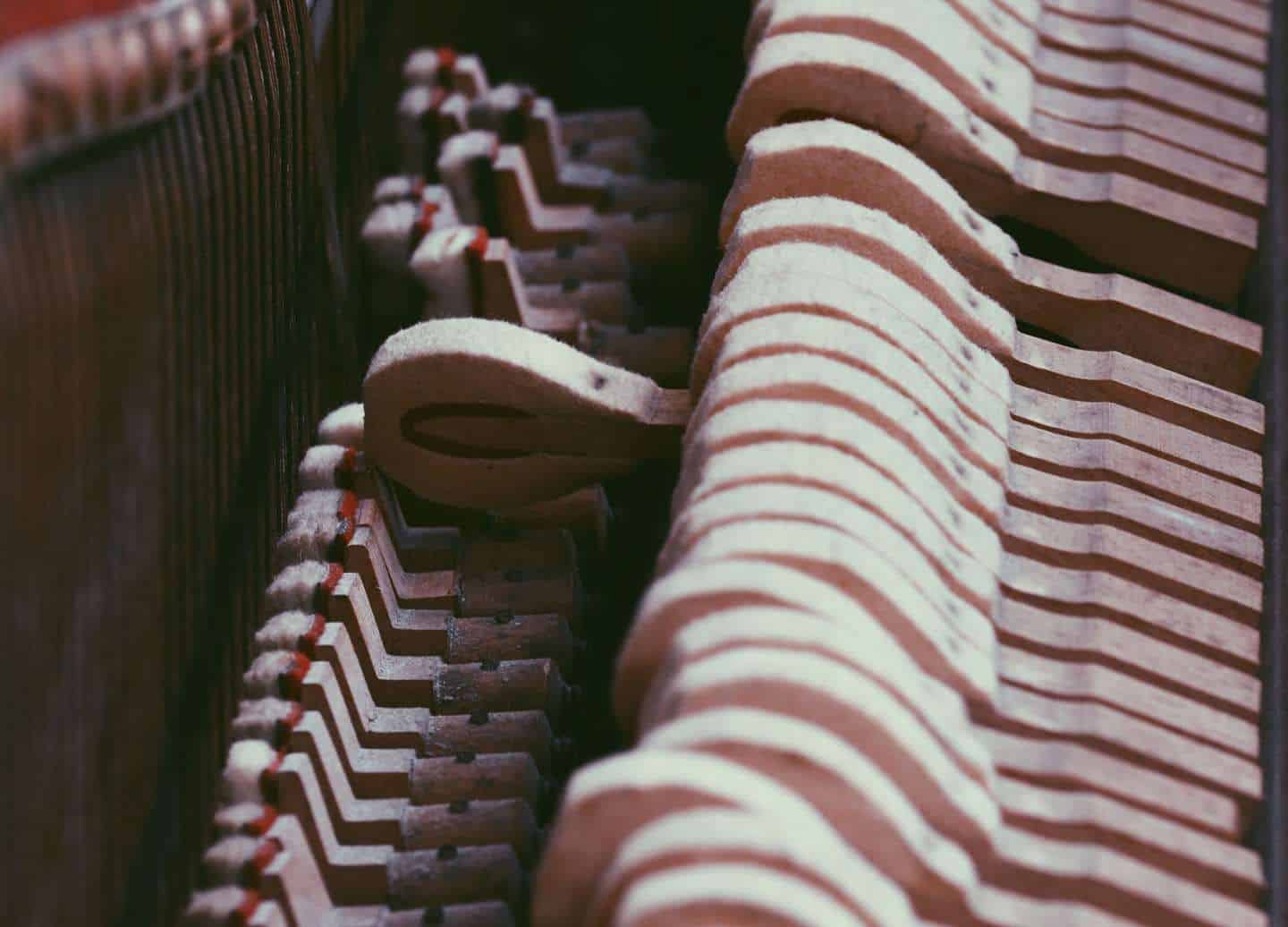
For a machine, a piano can sometimes be almost like a living thing. It can seem to have behaviours that change with the seasons and the years and the places it lives. Like a family member, it can behave differently depending on the way it is treated. And like a family member, a well cared for piano can bring you great fulfillment and joy. You may need to spend a bit of money and effort on this special occupant of the home, but it will love you for it. Let’s discuss some of the ways you can do the best thing for your piano.
Where should the piano live?
The first thing to understand is that the piano, especially its wooden components, responds to its environment. It doesn’t like changes and prefers a stable environment, especially with regard to temperature and humidity. An unfriendly environment can result in the piano quickly losing tune, mechanisms sticking, strings rusting, or worst of all, the soundboard deteriorating. You should avoid placing your piano in any place where conditions are unstable. Here are a few pointers to locations to avoid:
-
Try to keep your instrument away from fireplaces, radiators and heater vents.
-
Avoid placing the piano against an outside wall. Even well-insulated outside walls will vary in temperature more than internal walls.
-
Windows are the weakest point of insulation of your house. They can allow humidity, cold air and sun through.
-
Direct sun through a window or skylight not only generates heat, but it also bleaches wooden finishes, even in winter.
-
A piano prefers a room temperature between 17 and 25°C (63 – 77ºF) and a relative humidity between 40 and 70%. A decently-insulated house in a temperate area will most likely keep your piano comfy enough. If you’re unsure, your piano technician can test your room’s humidity for you to help you to decide if special measures need to be taken, although of course conditions may change from one day or season to the next. A hygrometer (available cheaply from lots of places) can help you assess your room’s environment. If it needs help and your instrument hasn’t totally drained your bank account, you can invest in a humidity control system like the Piano Life Saver. If that seems over the top, have a look at the Piano Technicians Guild for some further advice.
Tuning the room
If considering all the above limitations to the placement of your piano are not enough, the sound of the room can also affect your choices. You might be surprised by how different your piano sounds when you take delivery compared to wherever you auditioned it. Your home may have very different acoustics, perhaps muting the sound of the piano, or making it sound harsh and clanging. A room with low ceilings with heavy drapes and lots of soft furnishings will sound duller as the fabric and carpets absorb the higher frequencies, while a room with hard floors and big plate glass windows will be brighter and more reverberant. On top of that, the acoustics may vary in different parts of the room. Again, you may not be able to change that too much without significant cost, although an excessively bright room may be improved with some simple measures. An upright piano placed against a hard wall can often sound too brilliant. Placing material like a blanket between the piano and the wall can soften the sound. Similarly, a rug under a grand piano can have a mellowing effect, and simply closing curtains on large windows can make a difference.

Service and maintenance
Of course, every piano will need professional attention, at least in the form of regular tuning, and probably also less frequent additional services and the occasional repair. Let’s have a look at some typical needs:
-
How often a piano needs tuning will depend on circumstances like the temperature and humidity conditions we’ve discussed, along with the frequency of its use, its age and your particular needs. Ideally you should have a technician pay a visit every 6 months, but never longer than 12 months. A piano that slips too far out of tune may take more than one visit to get back into shape. A good technician will give you honest advice about your piano’s ongoing tuning needs.
-
Regulation is the process of setting various aspects of the piano’s action, which can slip out of adjustment through environmental conditions and wear and tear. A new piano may or may not come properly set to factory specifications, and even if it is, may in its first six months or so need to “bed in”. But after it’s been properly set up it shouldn’t need more than minor regulating every few years.
-
Particularly worth your attention is the hammers. Over time, the felt of the hammers can wear and compact, making them hard at the point of contact with the strings, and giving a sharp attack and overly strident tone. The process of managing the softness or hardness of the hammers is called voicing. Of course, how and how often a piano is voiced will depend on usage and your personal taste.
-
There are plenty of other things that can go wrong too! Sometimes these can be fixed in situ but some may require the services of specialists in workshops. Fortunately the mechanism can usually be easily removed and needing to take an entire piano away for repairs is pretty rare.
Although the insides of one piano can look pretty much the same as another, to an experienced technician they can be as different as night and day. We strongly recommend you find a technician with extensive working experience from a recognized workshop or factory and who is familiar with your piano’s brand. And try to find a technician you get along with. He’s almost like the family doctor and you want the very best for every member of the household.

Vincent Tarin is a French-born piano technician, graduating from The Itemm Academy, Le Mans as a fully certified piano tuner, working subsequently in Ireland and doing further training in Germany, before settling in Melbourne. He is a member of the BDK guild and a certified concert piano technician, and is experienced in workshop, client service, concert and factory work. In his spare time he loves to play the theremin and musical saw.







